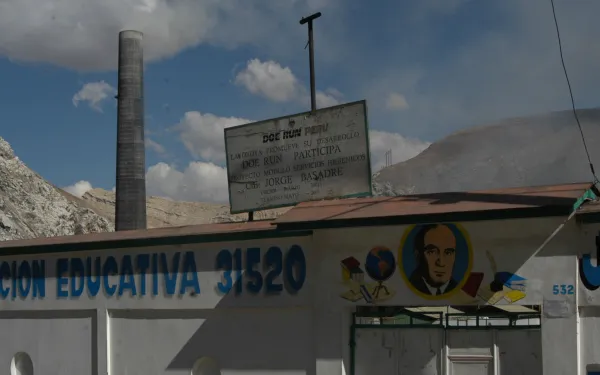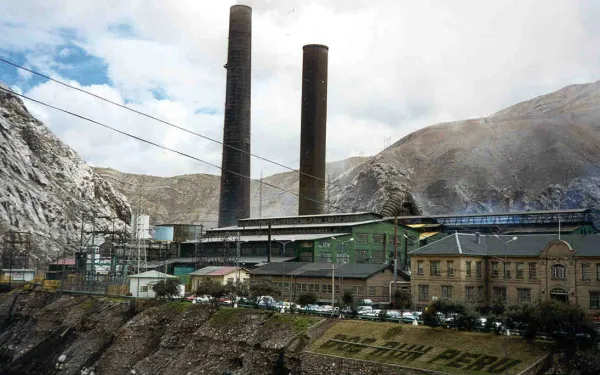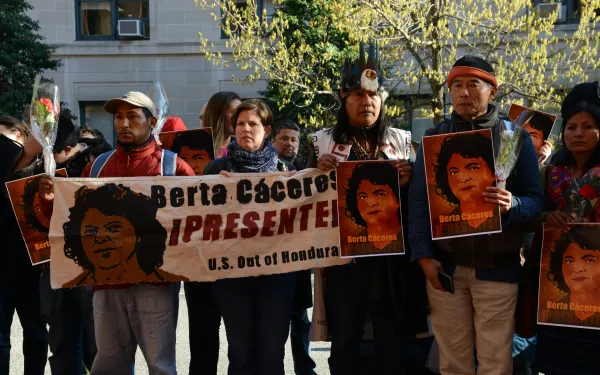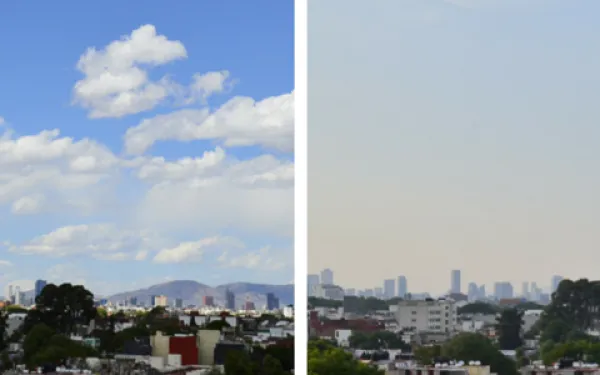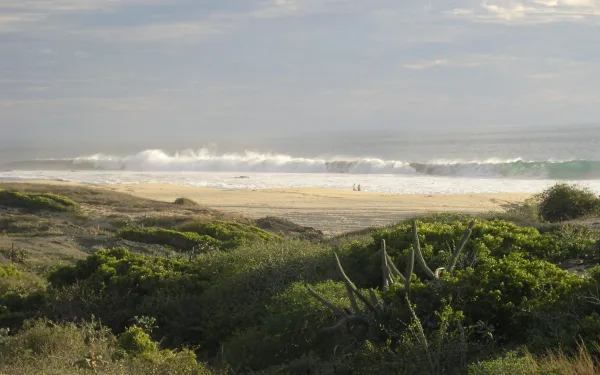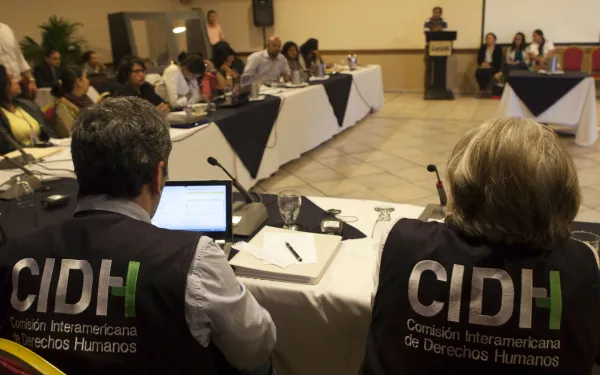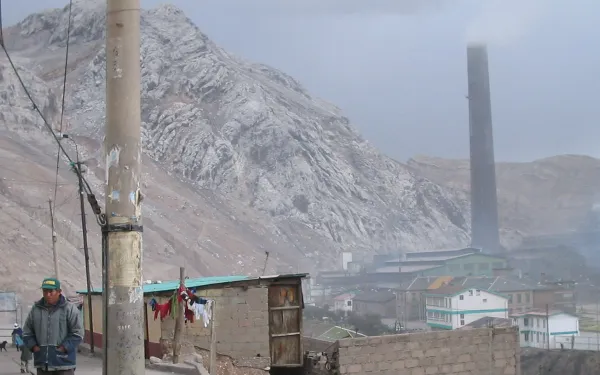By Laura Yaniz, AIDA social media manager (originally published in Animal Político)
Smog causes continuous environmental alerts in Mexico City. But did you know a legal framework exists to combat the pollutants that cause it?
Mexico City nearly entered into a state of emergency due to its poor air quality. The government almost closed gas stations, ordered half the city’s vehicles off the road, suspended classes, and closed government offices. If air pollution had spiked any higher, they’d have closed restaurants and reduced certain industrial operations by 60 percent.
The cause of the crisis—which hasn’t been this bad in 14 years—is ground-level ozone. Along with black carbon, methane, and hydrofluorocarbons (HFCs), ground-level ozone is a short-lived climate pollutant (SLCP).
The Intergovernmental Panel on Climate Change estimates that, overall, SLCPs are responsible for more than 30 percent of global warming, although recent studies calculate that it may actually be closer to 40 or 45 percent.
The good news is, they have a relatively short lifespan in the atmosphere, ranging from a few days to a few decades. Reducing these emissions, in Mexico and wherever they’re found around the world, presents an immediate opportunity to achieve near-term mitigation of climate change while improving air quality and human health.
Close to Extreme
Mexico City’s Metropolitan Index of Air Quality measures the chemical components of air in whole numbers that are easy to understand. On May 5, ozone reached 192 points (the equivalent of 0.1929 parts per million). When the Index reaches around 200 points ozone can damage skin. The city was only 8 points away!
The city has spent several months in and out of Phase 1 of the Environmental Contingency Plan, whose most famous measure is the “Doble Hoy No Circula” program, which restricts vehicles from circulating two days a week, instead of the habitual one. If Phase 2 had been declared, the extreme measure would have divided vehicles by odd and even plates and declared that half of them could not be driven.
About Ground-level Ozone
Ozone is a gas that exists in two different layers of the atmosphere. In the stratosphere (the highest layer), ozone absorbs ultraviolet radiation and protects us from the sun’s dangerous rays. In the troposphere (the lower atmosphere, from the ground to about 10 or 15 kilometers up), ozone acts as a greenhouse gas that contributes to global warming, harms human health, and affects the growth of agricultural crops.
Tropospheric ozone is not directly emitted by any one source. Instead, it’s the result of a chemical reaction between the sun and “precursor gases,” which can occur naturally or be produced by humans. The most important precursor gases in regards to ozone are carbon monoxide (CO), nitrogen oxides (NOx) and volatile organic compounds (VOCs). The latter cover a wide range of substances, including methane, and are primarily generated at gas stations, in homes, and through the chemical industry.
Ozone remains in the atmosphere only a few days or weeks, a very short time compared to other gases, such as carbon dioxide, that linger in the atmosphere for centuries, even millennia. This is precisely what makes the mitigation of ozone an interesting opportunity: if we reduce emissions, we could see the climatic and health benefits in the near and medium term.
Ozone contributes to such illnesses as bronchitis, emphysema, and asthma, and can scar lung tissue permanently. According to a report from the Climate & Clean Air Coalition, an international organization dedicated to reducing short-lived climate pollutants, tropospheric ozone is responsible for roughly 150 million premature deaths each year. It also affects global food security by reducing the ability of food to absorb carbon dioxide, which reduces yield.
AIDA Supports Efforts to Control Short-Lived Climate Pollutants
To help governments reduce SLCP emissions, AIDA attorneys have created a report, Controlando los contaminantes climáticos de vida corta: Una oportunidad para mejorar la calidad del aire y mitigar el cambio climático. El caso de Brasil, Chile, y México (Controlling Short-lived Climate Pollutants: An Opportunity to Improve Air Quality and Mitigate Climate Change: Brazil, Chile, and Mexico). We are distributing it to key decision-makers in government agencies to help them understand the urgency of the problem and the opportunities their legal frameworks provide to facilitate emission reductions.
The report reviews policies, laws, and programs on air quality and climate change as they relate to SLCPs in Brazil, Chile, and Mexico. Of the three countries studied, Mexico is currently the only one that has incorporated these contaminants into its climate change policy. The government recently went a step further by including SLCP reductions in its Intended Nationally Determined Contributions (INDCs)—the commitments made under the United Nations Framework Convention on Climate Change.
As the AIDA report notes, it’s not enough to recognize the importance of reducing SLCP emissions. Greater efforts must be made to reduce emissions. Countries must improve pollutant-monitoring systems, provide sufficient funding for emission-reduction programs, and create systems to evaluate progress.
Developing strategies to identify principle emissions sources and to reduce emissions should be a near-term priority not just for the Mexican capital, but also for all the governments of Latin America. AIDA is committed to supporting policymakers with legal expertise that can speed improvements in air quality, human health, and climate change.
Read more 